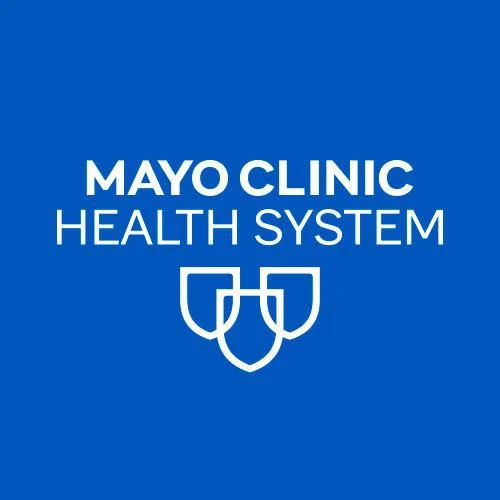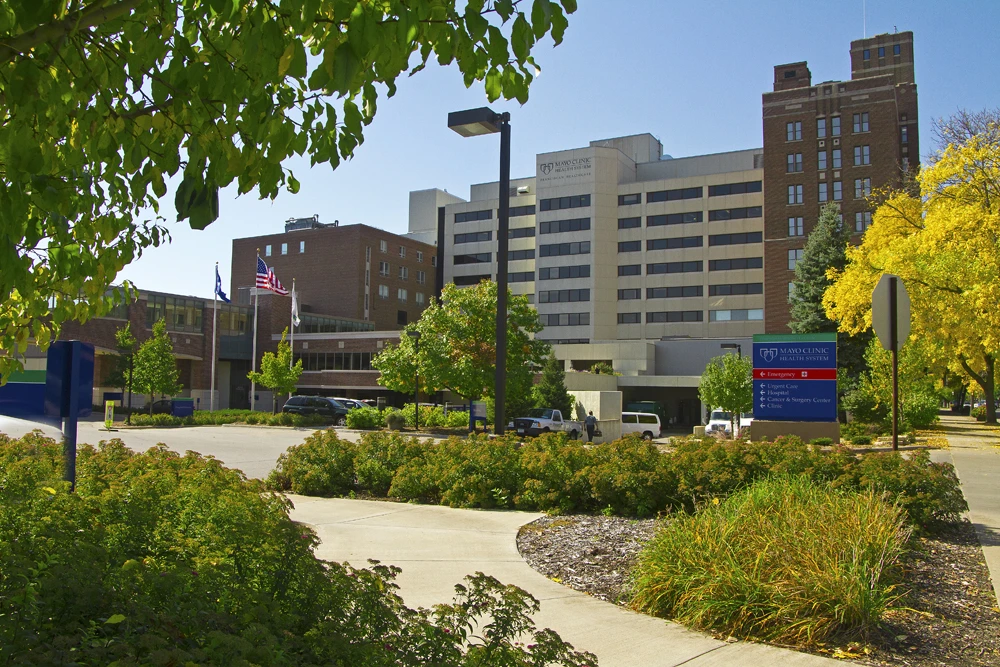Mayo Clinic Health System - Hospital and Clinic Information
Treatment
Who We Treat
- Adolescents
- Children
- Male and Female
Approaches
- Twelve Step
Conditions We Treat
- Anger
Languages
- English
Aftercare
- Outpatient Treatment
- Recovery Coach
- Intensive Outpatient Program
- Continuing Care
- Support Meetings
Level of Care
- Outpatient
Accreditations
-
The Joint Commission
The Joint Commission accreditation signifies that a facility has met rigorous standards of excellence in patient care, treatment, and safety. It assures individuals and healthcare professionals that the accredited facility provides high-quality, evidence-based care for addiction and mental health issues, fostering trust and confidence in their services.

Additional Locations
Find the best treatment options. Call our free and confidential helpline today!




